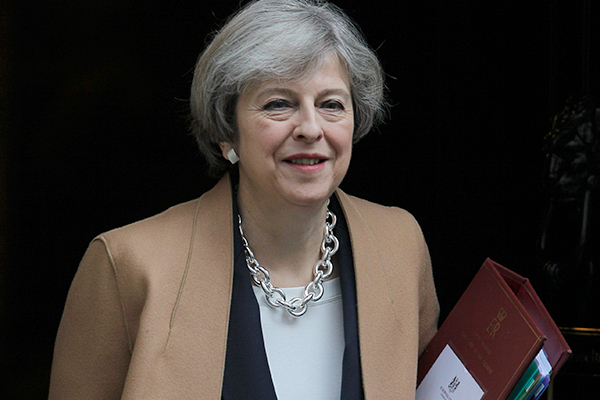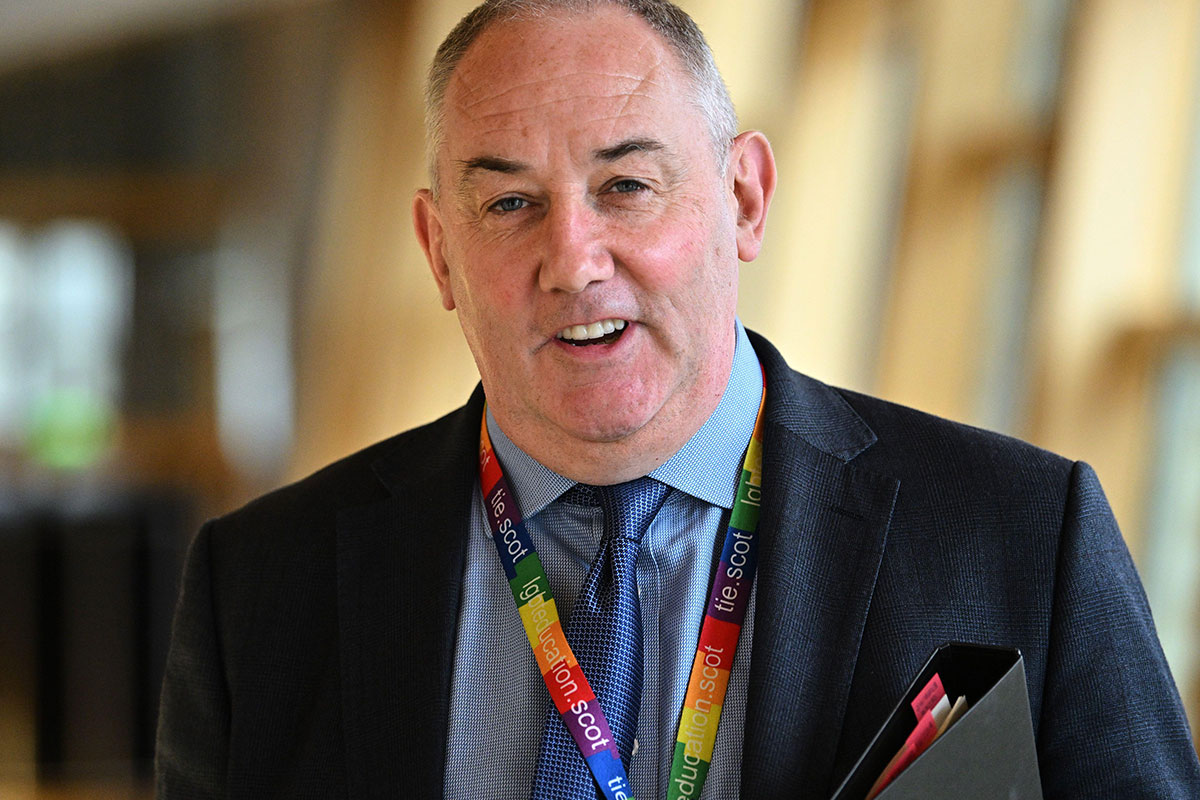You are viewing 1 of your 1 free articles
We need to safeguard the long-term future of supported housing
John Healey explains more about his ‘four tests’ for the government’s new supported housing funding policy
Yesterday I led our third Labour debate in the Commons to confront the government on its plans for supported housing.
Perhaps it is third time lucky, after the prime minister announced at Prime Minister’s Questions ahead of our debate that the government has backed off capping help for supported housing residents at the Local Housing Allowance (LHA) rate.
A detailed announcement of plans for ministers’ new funding system will be made next week.
We know what the government won’t do; we don’t know what they will do.
Since November 2015 this has been like the Sword of Damocles hanging over the homes of more than 700,000 vulnerable older people; homeless people; young adults leaving care; people with dementia, a mental illness or a learning disability; ex-service veterans; and women fleeing domestic violence.
The fears for many of the most vulnerable people in our society are very real.
The damage to vital specialist housing is already being done.
“The LHA cap was too low and too variable to be the basis for supported housing.”
At a time when there’s already a shortfall of 17,000 in such housing, the National Housing Federation reports that 85% of all building plans for new supported, sheltered or extra care homes have been halted. And the Salvation Army says: the future of nine in 10 of their Lifehouses for homeless people “could be placed at risk”.
The government’s decision to drop the LHA cap part of the plan is welcome, as we and the sector have been clear on the government’s error here – it’s too low and too variable to be the basis for supported housing.
What the government does instead matters a great deal. The devil is always in the detail, and in the funding.
We’re told we’ll have to wait till next week for the detail, but on the funding let me expose a serious problem that has not been mentioned by ministers, and not highlighted – or perhaps even recognised – by the housing sector.
Damian Green, the previous secretary of state for work and pensions and now deputy prime minister, said in September 2016: “We will bring in a new funding model which will ensure that the sector continues to be funded at current levels.”
“We know what the government won’t do; we don’t know what they will do.”
But this is simply not true. Total funding is only protected in year one – 2019/20.
But in year two, the sector faces a funding cliff edge, with cuts of more than £500m scheduled from April 2020. As things stand, this entirely demolishes ministers’ claim that they will protect supported housing, as I spelled out in detail in parliament yesterday.
Instead, in our Commons motion we said that the government should “adopt a system which safeguards the long-term future and funding of supported housing”, and I set out four tests for the government which explain what this means and how Labour will judge the detail of any plans for change.
The four tests are:
- Any new funding system must reflect the real cost of running supported housing
- Any new funding must be needs-led, able to deal with increases in demand for supported housing, and not subject to arbitrary cash limits
- Any funding model must take account of the particular needs of very short-term accommodation including homelessness hostels and women’s refuges
- And most importantly, any new system must not lead to the closure of any vitally needed supported housing
This is a government with no majority or mandate for domestic policy because this is not covered by the prime minister’s deal with the Democratic Unionist Party.
It is Britain’s first minority government for 38 years. And as a parliament we are still coming to terms with the much bigger role and stronger say we have in government policy decisions.
Parliament, the housing sector and government must together sort out a good long-term system for supported housing.
I hope the PM’s announcement and what the government announces next week will be the basis for doing so.
John Healey, shadow secretary of state for housing











